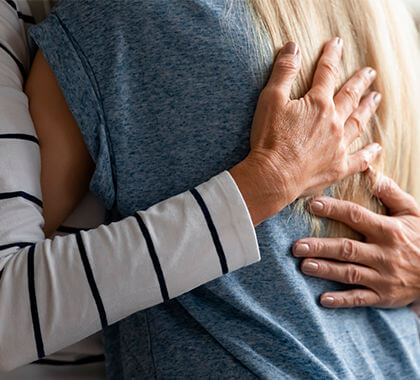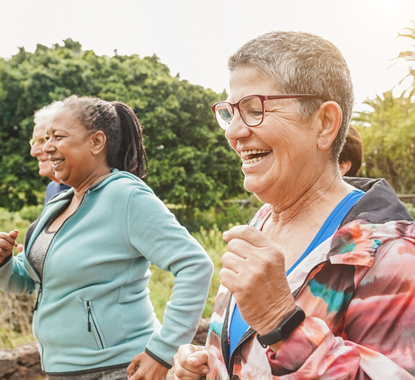We all need to have social connections in order to stay physically and mentally healthy.
However, some factors can make us vulnerable to loneliness and social isolation, such as the pandemic, the growing number of people working from home, the tendency to live alone, or the lifestyle changes among elderly people, such as retiring from their jobs or the loss of friends or family members moving out of Puerto Rico.
Studies show that loneliness and social isolation are linked to a higher risk of severe health problems, such as cardiac diseases, depression, and cognitive impairment. The good news is that, with a heightened awareness, we can take action to maintain and strengthen our bonds with family and friends, expand our social circles, and engage more with our community.
How to identify social isolation and loneliness
Social isolation goes beyond living alone. It consists of having few meaningful relationships or little or infrequent social contact, regardless of age, social status, or living conditions. If you suffer from social isolation, it is important to try to develop an action plan to offset it. We recommend performing a retrospective study of your habits to help you recognize it. You may identify it if you constantly experience some of the following symptoms:
• General loss of interest
• Withdrawing from others
• Severe boredom
• Decline in personal hygiene
• Poor diet and nutrition
• Becoming disorganized
What loneliness and feeling lonely means. Loneliness is when you feels alone; it is a feeling that can exist as a subjective experience, even if there are others around you. Loneliness is manifested through symptoms such as melancholy, feeling misunderstood, sadness, or insecurity. To identify it, a self-assessment should.be conducted to look for signs of an inability to connect with others, even those close to you. It is also expressed as low self-esteem, constant fatigue, and loss of interest in engaging in social activities. According to clinical studies, chronic loneliness can cause more severe conditions, like depression, or even manifest as physiological diseases.
Establish healthy social relationships. The methods to counteract your social isolation and feelings of loneliness will benefit you and your loved ones and help protect against the negative effects they could have on your physical and mental health. The key: Turn to others and connect with them.





